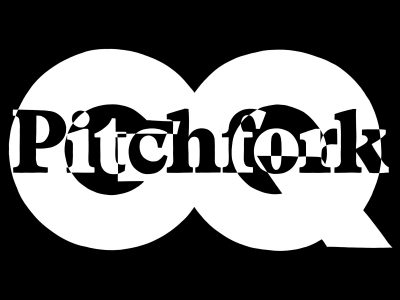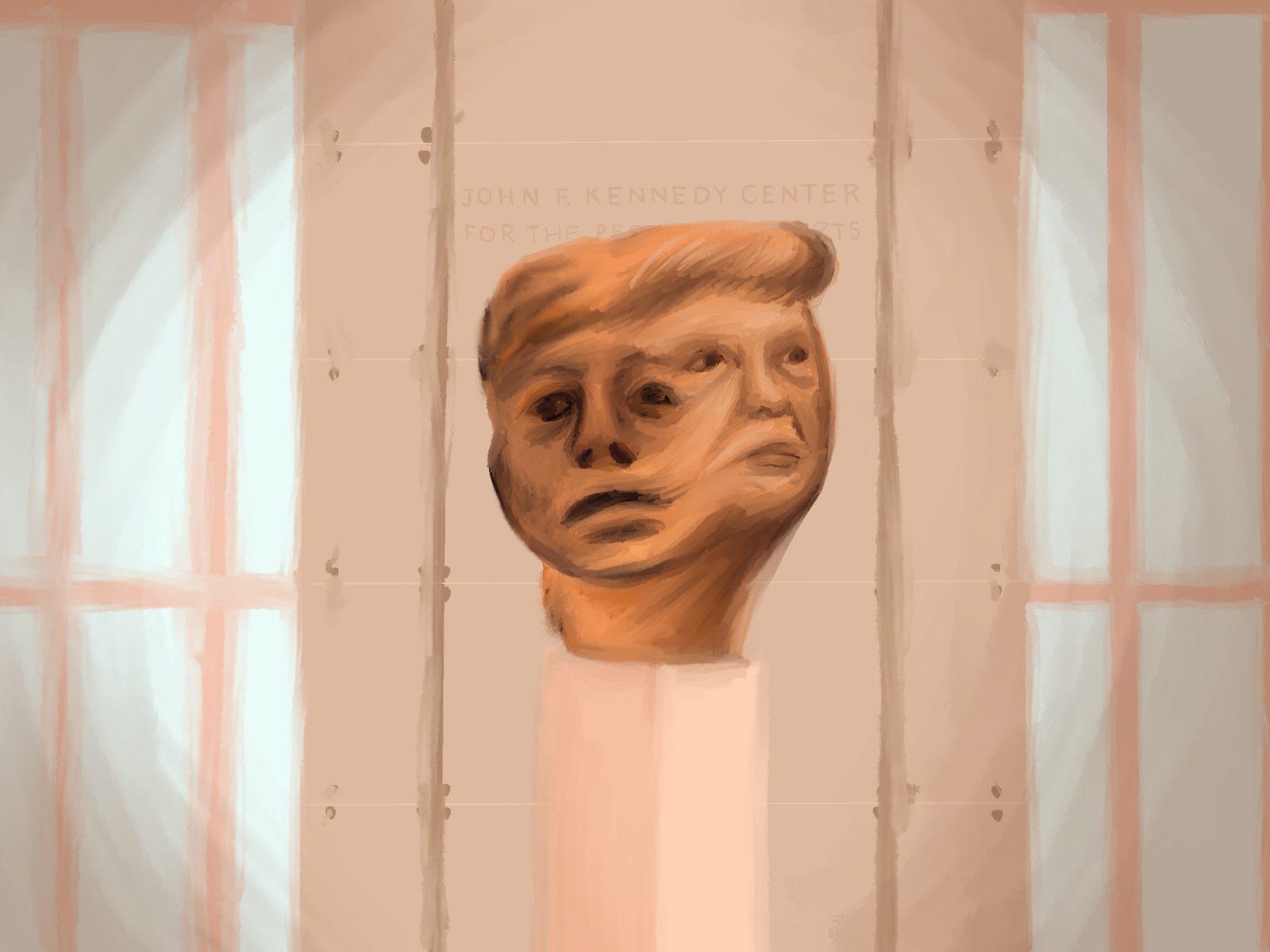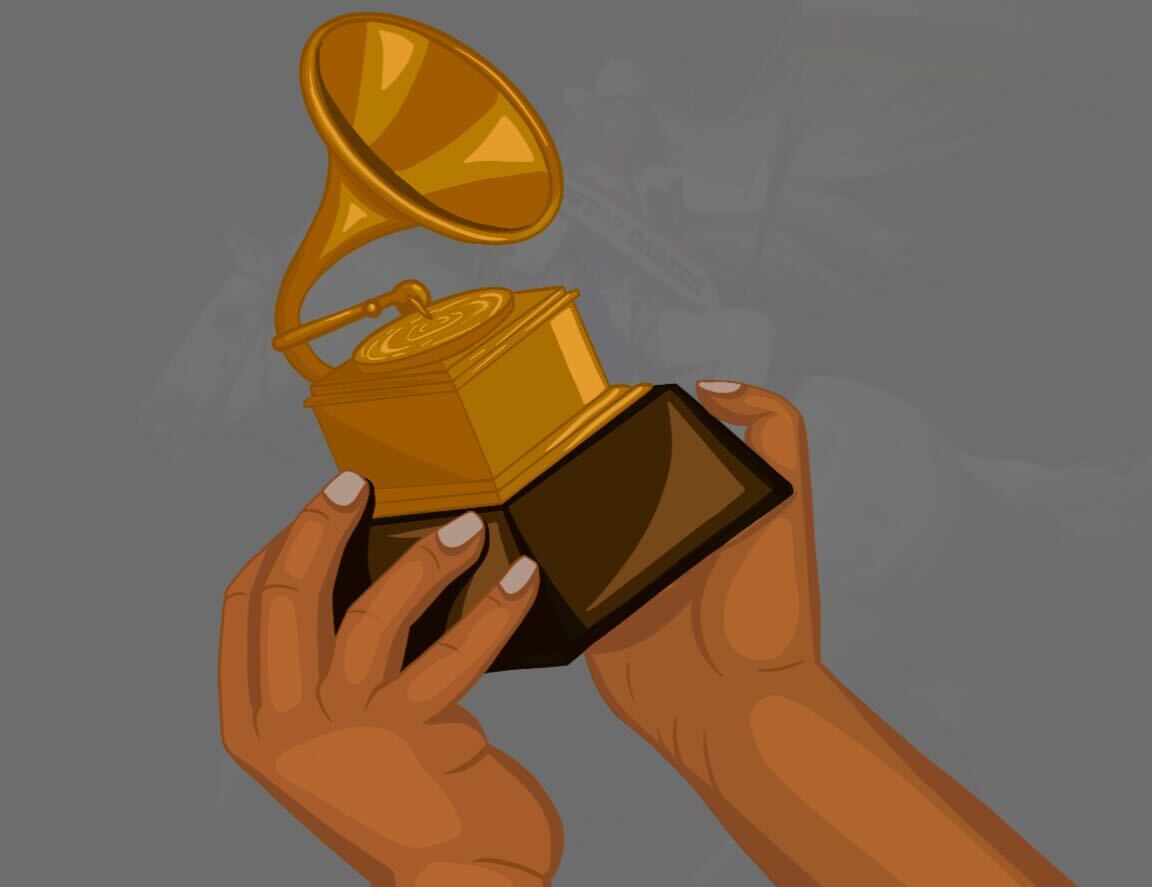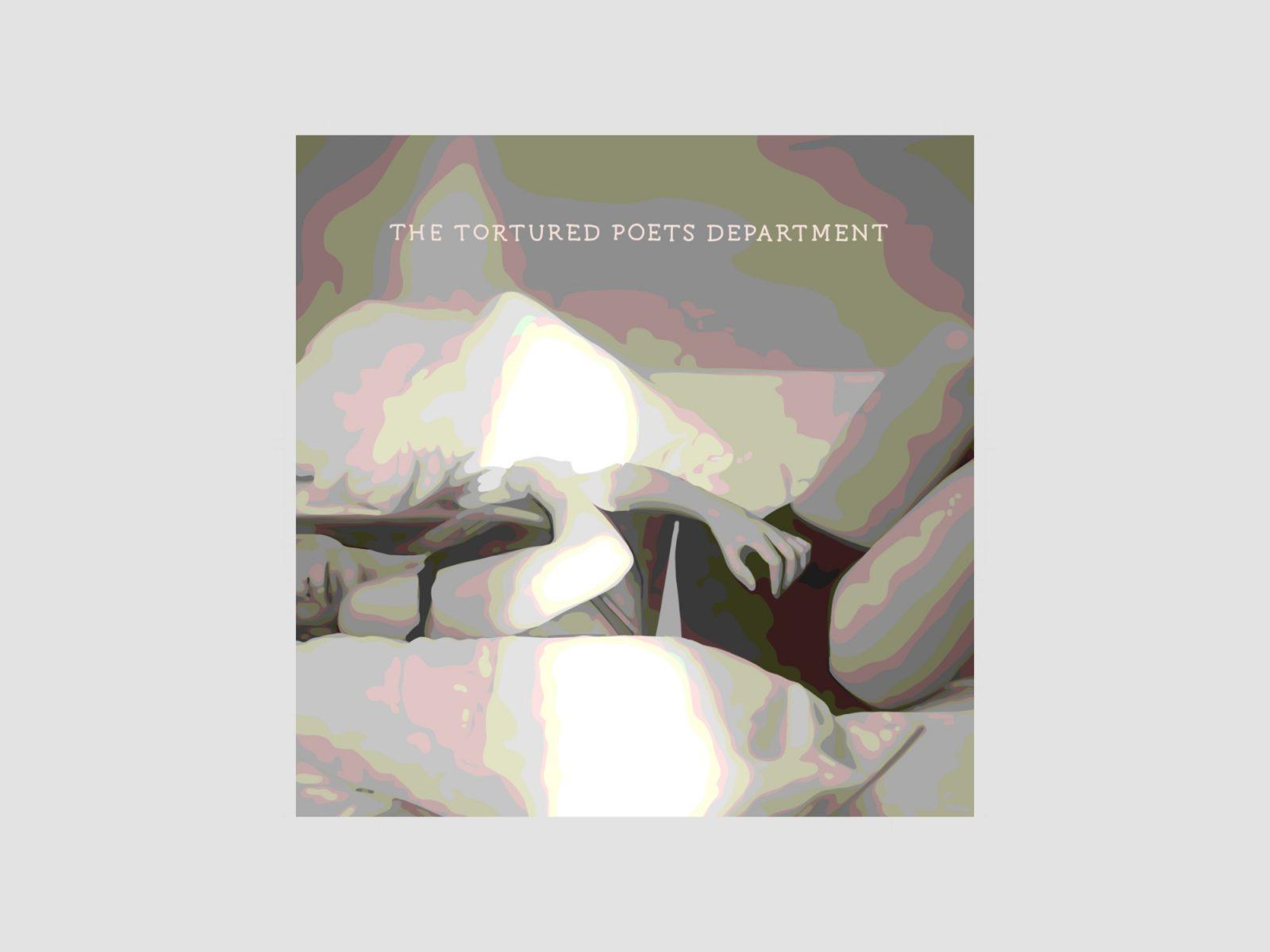Just as we are combinations of everyone we have ever known, we are also compositions of everything we choose to consume. Music, books and art: what we like is a reflection of who we are, visible and audible mosaics that make up our personalities and mirror the intricacy of the self.
But figuring out what you like isn’t always easy. In this era of constant creation, the relentless, churning mill of the internet produces art and garbage simultaneously. It’s become nearly impossible to navigate through the noise of viral gibberish.

To thrive in this overstimulating period of mass production, it’s important to find your own cultural sherpas — figures that will guide you through the murky waters and get you to the truly good stuff.
Many years ago, I came across a website that has served as my leader ever since: Pitchfork, an online music publication created in 1996.
In its earliest years, Pitchfork served as one of the few music publications dedicated to the underground scene, publishing reviews on albums that few mainstream publications acknowledged.
Pitchfork eventually began to diversify its content, expanding into a variety of genres like pop and rap music, but its voice remained the same: snarky, sly and so passionate that you could almost feel the writer’s joy — or rage — through the screen.
Whether or not I disagreed with a reviewer rarely mattered. What mattered was that I had been led to albums I otherwise wouldn’t have come across, avant-garde projects addressed by writers who knew how to be both cool and critical.
But on January 17, those voices were forcibly flattened.
Condé Nast, a media conglomerate that owns a variety of publications such as Vogue, the New Yorker and Vanity Fair, announced in a memo that Pitchfork would be merging with men’s lifestyle magazine GQ. The conglomerate laid off over half of Pitchfork’s original staff, including Pitchfork Editor-in-Chief Puja Patel, the publication’s first female editor.
The merger comes as a shock: Pitchfork has long had a strong reader base of its own, and GQ focuses primarily on fashion and lifestyle, sharing few similarities with Pitchfork’s niche.
But what stings most about Condé Nast merging Pitchfork with GQ — other than the insinuation that music journalism is not valuable or profitable enough to be a stand-alone publication — is that GQ represents what Pitchfork has spent years distancing itself from.
Upon obtaining Pitchfork in 2015, Condé Nast’s Chief Digital Officer Fred Santarpia said to the New York Times that the acquisition would bring “a very passionate audience of Millennial males into [Condé Nast’s] roster.” While this comment might have once had an element of truth to it, it has long since become an outdated and lazy mindset.
Sure, Pitchfork might be just another victim in a recent rampage against magazines and newspapers. Staffers are being laid off by the masses, and writers of all kinds are being turned loose into space, set adrift in a new media landscape in which the value of their talent has diminished, even if the talent itself has remained true.
The consequences of these layoffs can already be found at the source — today, more than 400 Condé Nast staffers walked out on strike to protest layoffs and what the NewsGuild of New York called “bad-faith bargaining.”
But for a publication that has had such a large influence on my life, this merger feels startlingly personal. It’s as if the ignorance shown towards the music Pitchfork uplifted has been shown towards the publication itself, a media-fueled popularity contest in which the underdog loses again.
Celebrity might be the primary focus of GQ, but that’s never been the case for Pitchfork. It feels misguided to force Pitchfork under the notion that what’s popular is what matters when their rejection of popularity is what cultivated a fan base.
The incorporation of Pitchfork into GQ signals a lot of things: the end of an era, yes, but also a dark and desolate future for what had become the premier music publication for both range and rage.
And beyond what this signals for the future of music criticism, it’s a massive loss for generations to come. Pitchfork put me on to bands that I would have never come across in mainstream media — Lush, The Rapture, Interpol and countless others — and, in doing so, changed the way I think about music and what it means to develop taste.
For both musicians and fans, that privilege of discovery might be gone for good.
Pitchfork isn’t gone, but the spirit and independence that made it a champion of music criticism have been slashed into pieces and given a 1.0 rating. The best we can hope for at this point is that Pitchfork resists becoming the one thing it despises: basic.






























































































































Sammy • Jan 24, 2024 at 10:55 pm
I’ve never heard of Pitchfork but this seems like a very odd business move that I am glad to have learned about. Your writing makes me want to storm the GQ headquarters. Proud! <3